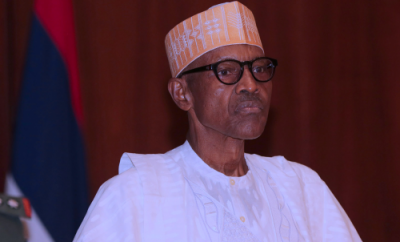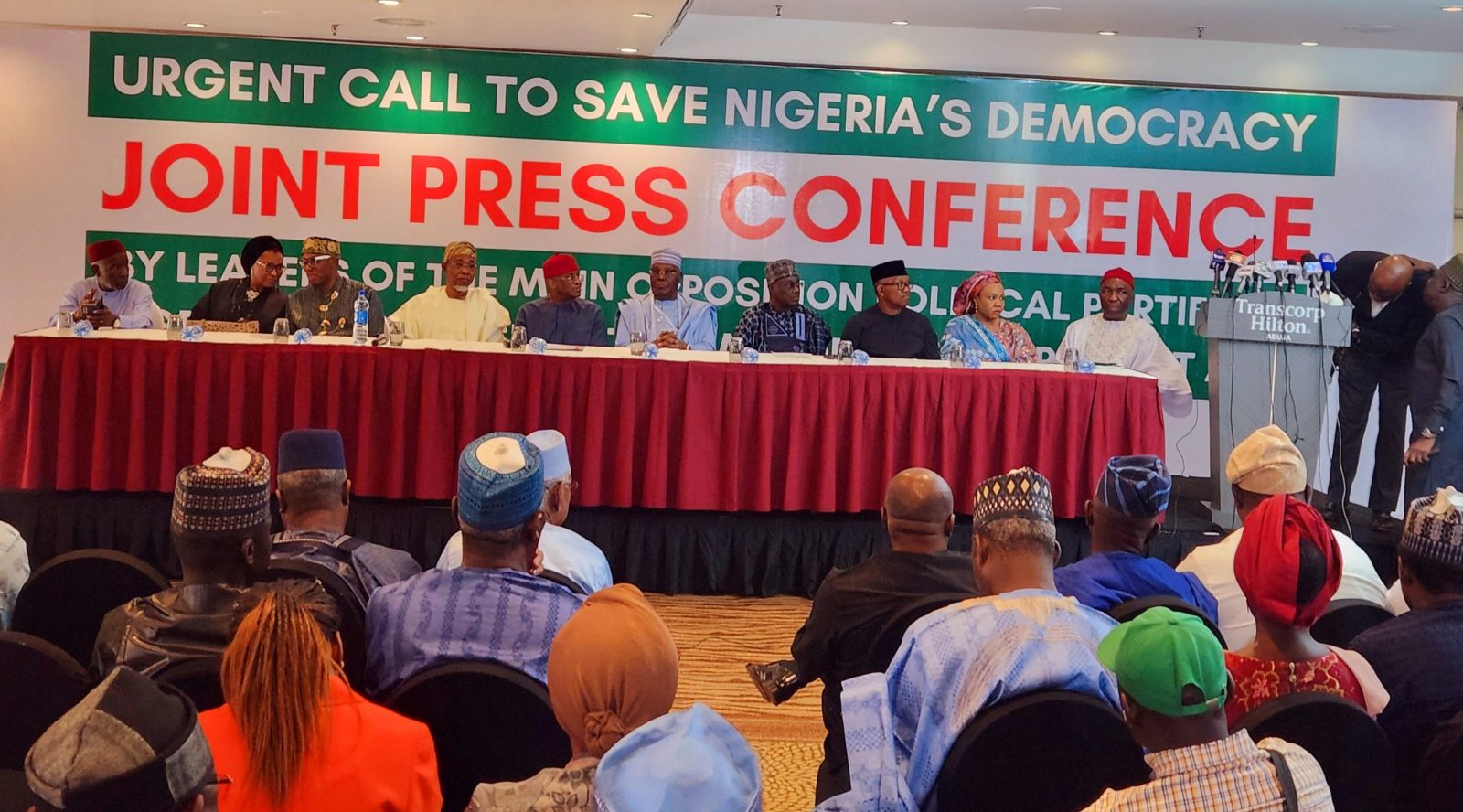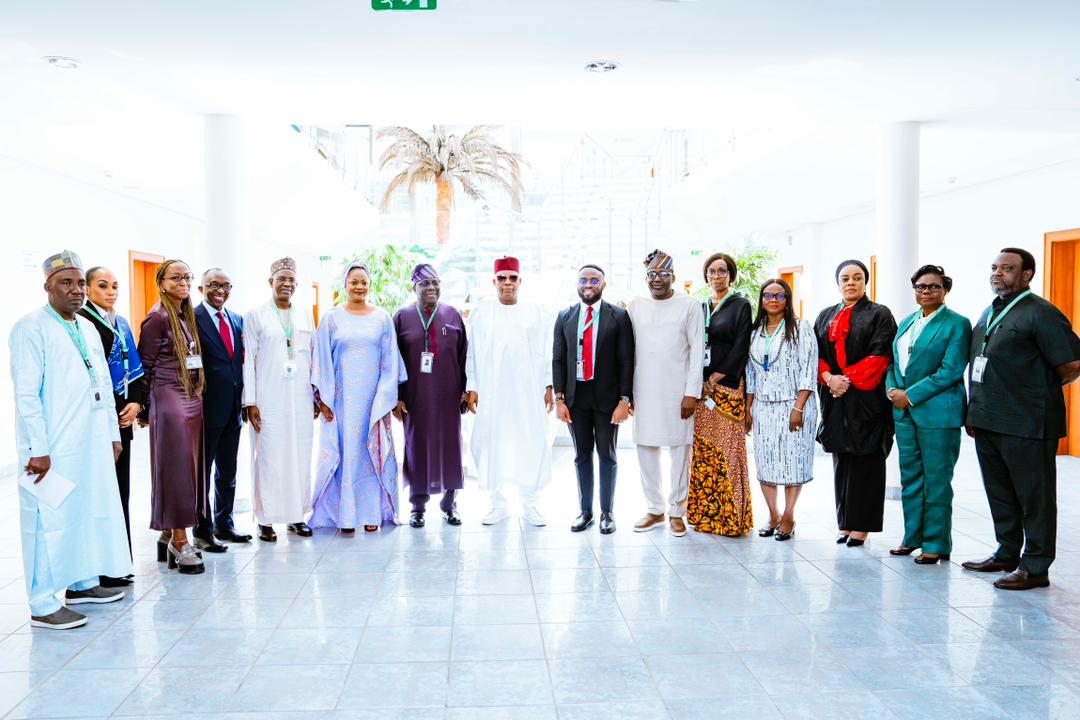[dropcap]R[/dropcap]unning a legitimate private sector company in Nigeria is fraught with challenges. Of those challenges, the negative perceptions of Nigeria’s business environment from both local and international sceptics is one of the most difficult to overcome. In the worst cases, one is assailed with questions and concerns more appropriately addressed to someone running a company in non-specific barren war-torn country run by pirates. In reality, Nigeria is a largely peaceful, democratic country where the rapidly growing legitimate private sector is creating a level of growth and profitability that will soon rival Brazil.
However, that’s not to say there aren’t challenges. The World Bank’s Ease of Doing Business index ranked Nigeria 169th out of 190 countries in 2016 and the country’s worst recession in 25 years is keeping investor expectations low. Until recently, Nigeria had a heavy handed government famous for colluding with multinational companies and foreign governments, enriching a select few and keeping the economy from generating any sustainable momentum. Unfortunately, this chequered past means that Nigeria is still considered a market only suitable for high-risk investors and oil companies.
Unfortunately this misperception overlooks the resilience and year on year growth of Nigeria’s legitimate private sector and the new generation of Nigerian leaders that are changing the status quo. President Buhari’s implementation of business focused Executive Orders show that this government is committed to reversing the damage done to the economy by previous administrations which smothered the legitimate private sector.

Nigerian President Muhammadu Buhari arrives to attend the Anti-Corruption Summit London 2016, at Lancaster House in central London on May 12, 2016.British Prime Minister David Cameron announced plans Thursday to stop the flow of dirty money through the London property market, as he prepared to welcome world leaders and NGOs to an anti-corruption summit.
In April 2017, President Buhari issued a directive putting an end to a long-standing corrosive monopoly in the maritime and oil and gas logistics sectors. This directive was noted for its solid legal basis, going so far as to rule out the return of such monopolies acknowledging the huge economic damage they inflict. Then, in May 2017, Executive Orders were put in place to ensure the government stays “out of the way of real businesses” and eliminates the temptation for government officials to extort the companies seeking to ply their trade legally. Such strong legal positions have reassured local business owners that this government supports transparent, value adding companies and is willing to uproot long-standing quasi-private enterprises that have benefited from cronyism for years.
Huge strides have also been made in the maritime sector. Being Africa’s largest and most populous country and home to West Africa’s longest coastline, Nigeria is a natural hub for the continent. But for decades it has failed to live up to this potential. Now under the leadership of Hadiza Bala Usman, one of Nigeria’s newest and youngest leaders, the Nigerian Ports Authority (NPA) has been transformed into an organisation that actively promotes competition and investment. The NPA has rapidly embraced Buhari’s directives and is leveraging them to create an efficient, technology driven parastatal which is discussing multi-billion-dollar investment opportunities on the world stage.
Certainly, the Nigerian government has a long way to go, but in a world where many governments seem to be openly and increasingly acting against the interests of their voters, Nigeria’s leadership is taking drastic steps to break with its past and move in the right direction.Real private sector leaders, those that have been investing and struggling for decades against the odds, are increasingly optimistic. The challenges they face today, from financing to manpower, pale in comparison to the almost insurmountable hurdles that they confronted from their own government and the multinationals that colluded with and instigated rent seeking in the past. Now that the playing field is being levelled, they are rapidly gaining traction.
The UN forecasts that by 2050 Nigeria and greater sub-Saharan Africa will make up 22% of the world’s population. This impressive population growth not only alludes to the immense human capital resources at sub-Saharan Africa’s fingertips, but also how critical this region is to global growth and stability. Even as the growth in established Western countries continues its complex decline the negative perceptions held about Nigeria prevent people from seriously looking at its opportunities.
Given the importance of this region now and going forward, it is imperative that Nigeria’s leadership does not give up on the struggle against corruption and negative perceptions. The good news is that the reality is already much better than the perception and continues to improve every day.
A Forbes Article
Amy Jadesinmi is the managing director of LADOL – an industrial free zone in Lagos Harbour that provides a one-stop-shop secure and modern industrial village for multinational companies with high value projects operating in West Africa.






















Leave a comment